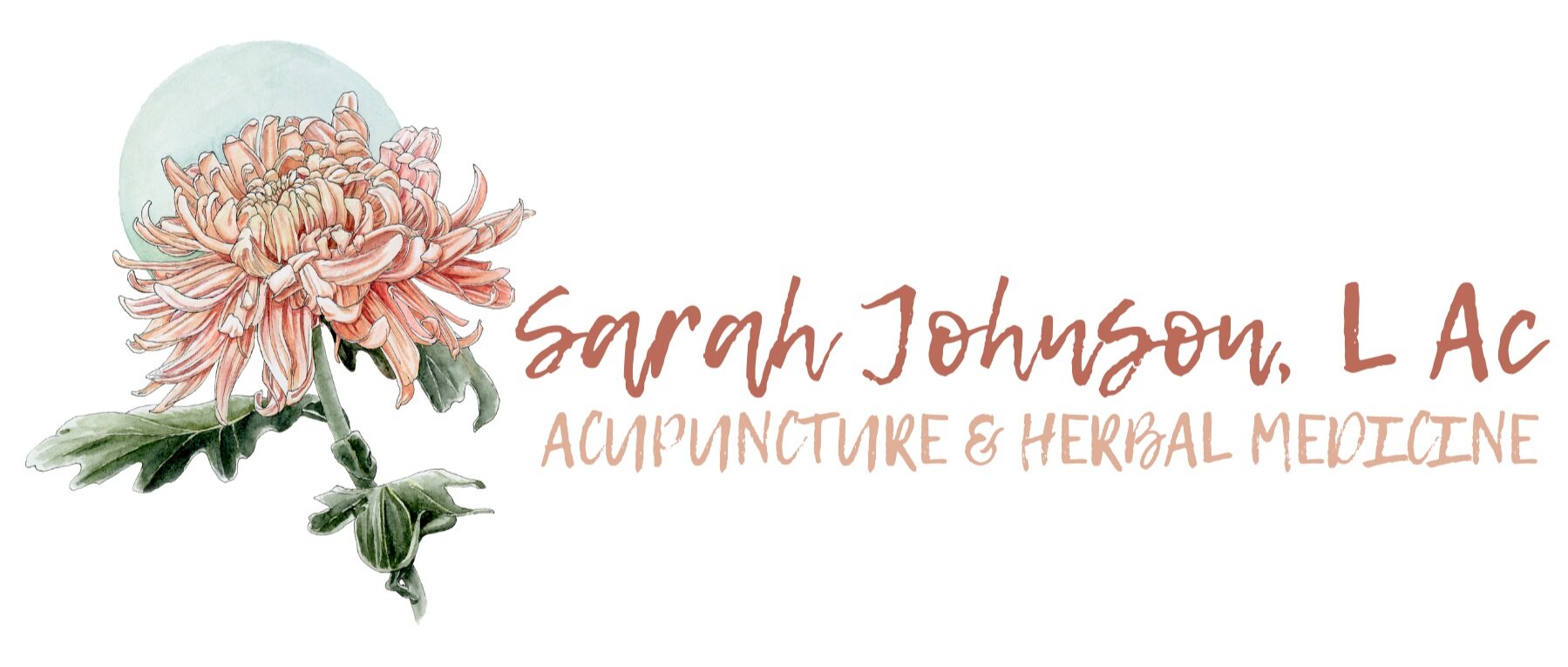Using Zinc For Menopause
Did you know that one of the enzymes that’s vital for your senses of taste and smell is dependent on zinc? And that zinc is the second most abundant trace minerals in your body after iron? Besides your sense of taste and smell, this hard working mineral contributes in a lot of ways to your daily wellness and is particularly helpful in treating symptoms of menopause.
Benefits Of Zinc
Immune Health: Since zinc supports the growth and normal functioning of immune cells, consuming sufficient zinc is foundational for upholding your daily immune health. During seasonal changes, it is a great idea to take a zinc supplement. Our bodies don’t produce zinc on their own, so we must rely on diet and supplements.
Healthy Skin, Hair, and Nails: Six percent of your total body’s zinc is in your skin, where it helps with healthy repair and rejuvenation. Zinc also plays a key role in the formation of collagen, the skin’s structural protein. And insufficient zinc is associated with dryness and brittleness in hair, skin, and nails. So think zinc when you’re looking for a beauty boost!
Reproductive Health in Men and Women: Zinc is important for supporting women’s reproductive health where it encourages healthy hormone function, ovulation, and fertilization. It’s also a key nutrient that fosters a baby’s normal growth and development during pregnancy.
For men, zinc fosters optimal levels of testosterone, the formation of healthy sperm, and helps maintain a healthy prostate. Studies show that zinc plays a role in supporting male fertility by encouraging sperm quality and quantity.
Thyroid Health: Zinc facilitates healthy thyroid hormone production, including T3, T4, and thyroid-stimulating hormone (TSH). Interestingly, the reverse is also true: thyroid hormones are essential for the absorption of zinc. Keeping both zinc and thyroid health in balance supports optimal energy and metabolic rhythms.
Digestive Health: Zinc plays a role in the production of digestive enzymes, the compounds in our gut that break down our food and allow our bodies to access the essential nutrients we consume. It also helps maintain the integrity of the digestive tract lining.
Eye Health: Zinc is concentrated in the retina of your eyes, and brings vitamin A to the retina in order to produce melanin, a protective pigment in the eyes. Since the absorption of zinc typically declines with age, older adults are often encouraged to add a zinc supplement in order to maintain healthy eyes and vision.
Reduces Inflammation: Zinc reduces inflammation & prostaglandins, which helps relieve period pain & even more severe conditions like endometriosis.
Healthy Mood: Zinc downregulates cortisol and the stress response. It also plays a primary role in the production of the neurotransmitters serotonin and dopamine — also known as your “happy hormones.” Serotonin helps keep you content, confident and calm, while dopamine is your reward chemical that boosts drive, focus, and concentration.
Zinc For Menopause
Zinc's anti-inflammatory properties not only alleviates period pain but also contributes significantly to overall well-being during the menopausal transition. Mood swings and vaginal dryness have been reported to improve by women going through this phase. Because of zinc's ability to regulate the stress hormones it helps stabilize mood fluctuations commonly seen during menopause.
Incorporating zinc into your daily regimen could be a game-changer for managing menopausal symptoms effectively. Whether it's about enhancing physical health or providing emotional stability, the relationship between zinc and menopause is worth considering.
Dosage
Start with 30mg/day (never more than 75mg). The best form of zinc is citrate, picolinate, or bisglycinate taken after food (zinc taken on an empty stomach can cause nausea).

